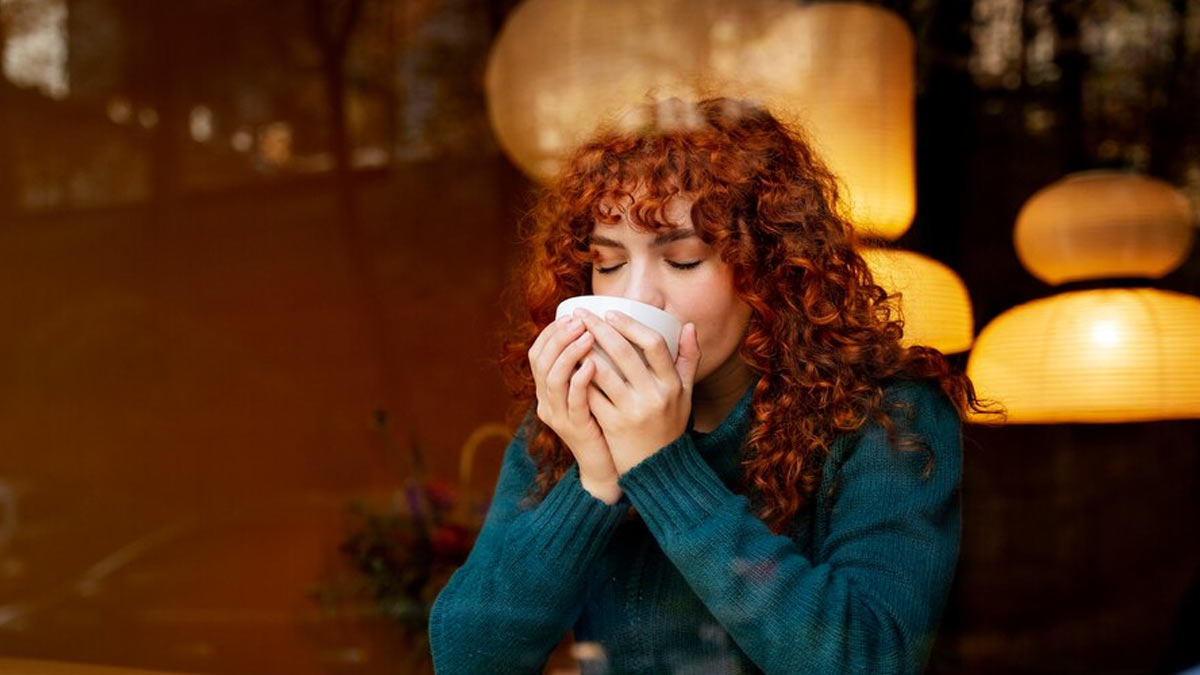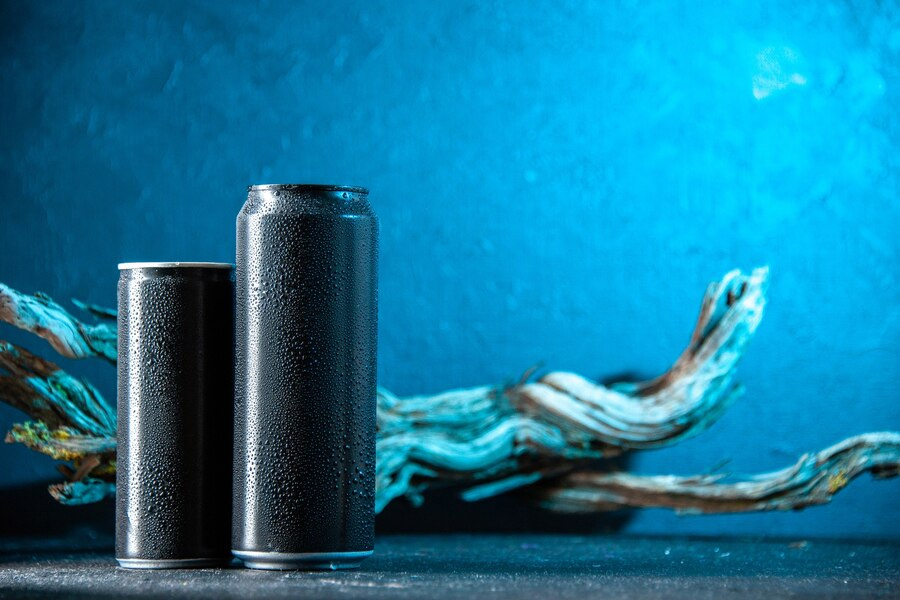
When you think of caffeine, coffee and tea are the first things that come to mind. And that’s justified, as they are two of the most common sources that we consume on an everyday basis. However, did you know that there are other hidden sources of caffeine that might be secretly affecting you—more so if you consume them in excess?
Table of Content:-
In general, having too much caffeine can lead to various side effects. According to Dr Srabani Mukherjee, Dietician, Fortis Hospital Anandapur, Kolkata, it can act as an exciting agent to the nerves, which can lead to problems with sleep, raised blood pressure, increased heart rate, digestive issues, anxiety, headaches, and more.
Therefore, while it is important to cut down on caffeinated beverages, such as tea and coffee, it is also crucial to know about other unexpected sources of caffeine. These include:
Also Read: How To Know You're Consuming Too Much Caffeine: Possible Side Effects
Green Tea
Herbal teas like green tea are popularly known for their antioxidant-rich benefits, which include relieving stress and anxiety, reducing inflammation, and minimising the risk of chronic conditions like high blood pressure. However, green tea is not caffeine-free. According to the US Food and Drug Administration (FDA), an 8-ounce cup of green or black tea contains 30–50 milligrams of caffeine.
Kombucha

Kombucha is a fermented drink made with a combination of ingredients, including tea, sugar, bacteria, and yeast. It is a natural probiotic that is said to boost digestion and alleviate problems associated with diarrhoea and Irritable Bowel Syndrome (IBS), according to WebMD.
Many who drink kombucha are often blinded by its sweet and sour taste and fizzy texture. However, what many don't know is that the beverage also contains caffeine.
As discussed above, the FDA suggests that an 8-ounce green tea contains 30–50 mg of caffeine. This suggests that kombucha may have a much lower amount, ranging from 7 mg to 15 mg per 8 ounces of caffeine altogether.
Matcha

Matcha is a type of green tea that has gained a lot of popularity in recent times. It comes in a powdered form that is added to different forms of beverages, ranging from matcha latte to matcha bubble tea.
While matcha is said to provide several health benefits, it isn't free of caffeine. In fact, research suggests it contains around 18.9–44.4 mm of caffeine per gram of tea (mg/g).
Also Read: Is It Stress Or Too Much Caffeine: What Causes A Fast Heart Rate And When To Seek Help
Energy Drinks

Energy drinks are refreshing. But have you ever thought about why they have that effect? This is attributed to the large amounts of caffeine, added sugars, and other additives in the beverage, according to the US Centers for Disease Control and Prevention (CDC).
As per a 2015 study published in the International Journal of Health Sciences, energy drinks usually contain 80–150 mg of caffeine per 8 ounces, which is much greater than caffeine in green or black tea.
Conclusion
Most people consume tea and coffee due to their caffeine content and their ability to keep them refreshed and awake. But it is important to avoid drinks that are surprisingly loaded with caffeine. This could increase your intake of caffeine unknowingly, putting you at an increased risk of side effects. So before trying new beverages, or if you have been drinking any of the ones listed above, reevaluate your intake.
Also watch this video
How we keep this article up to date:
We work with experts and keep a close eye on the latest in health and wellness. Whenever there is a new research or helpful information, we update our articles with accurate and useful advice.
Current Version